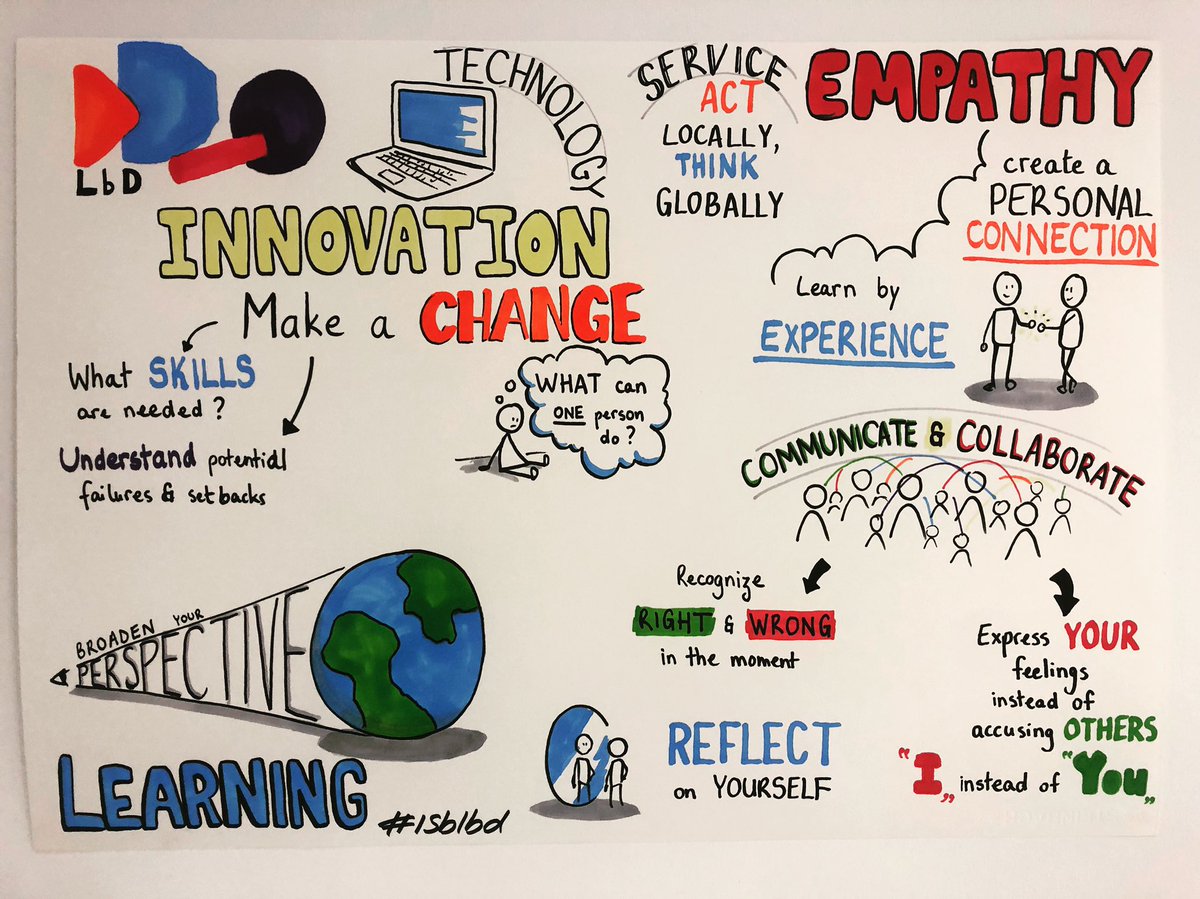This week Eric Patnoudes posted this tweet. https://twitter.com/NoApp4Pedagogy/status/1098971327246094336
There were many thought-provoking comments advocating for more #edtech conference sessions to model instructional practices AND effective use of technology, not just 20 apps and 60 minutes. I am on board with this! But, I also found myself wondering how we can do a better job squashing this refrain that tech is flashy and fun and instructional practices are boring?
When I have the pleasure of visiting classrooms, I don’t want to see how many iPads are being used, or the newest program all the kids are “engaged” in, I want to see what kids are learning through the opportunities that now exist because of the technology and the innovative educators that are designing the experiences for students to engage in relevant, deeper learning. This begins by modeling and creating experiences where learning is the priority and through technology, we can access information, connect with people, and create new and ideas.
What #EdTech Conferences Could Be
I just returned from a really powerful convening at the International School in Brussels, Learning by Design (check out #ISBLBD) which was a great example of focusing on instructional practices and technology, not in isolation, but as means to challenge the status quo and engage in a collective conversation about what school could be. One of my co-facilitators Jen Williams did an amazing job (with a packed room I might add) facilitating learning experiences that begin with empathy to inspire innovation and she modeled how to use technology through effective instructional practices to empower educators to create something new and better and their own classrooms and schools.
https://twitter.com/JenWilliamsEdu/status/1096471699653099520
This awesome sketchnote was created by students in her session. I love that we had students so embedded throughout the whole conference.

Another comment that was made a few times in this thread above is that many teachers don’t know that their practices need to shift and many think that what they are doing is working just fine. The reality is that we don’t know what we don’t know and as educators, we are often very isolated in our classrooms or schools and often rely on our own experiences. That’s why I appreciate the dialogue that we had at Learning by Design that has continued. I’m excited for other convenings like #DeeperLearning that model that same practices and spark that conversation about how we can challenge the status quo and evolve our practices to meet the needs of the learners that we serve. I appreciate these opportunities to meet new people and deepen my learning in sessions and in conversation that empower educators to work together to figure out how to move forward.
Focus on Learning and Learners First
After many technology-driven initiatives and false hopes of technology as a silver bullet, there is a common refrain in education today: “It’s not about technology, it’s about the learning.” This is the message that has begun to sink in as people recognize that technology alone will not change learning for the majority of students. For me, this message is still missing the point. Technology is a part of our world and is increasingly changing how we live, work, and learn. If we are really going to create experiences in schools that spark curiosity, ignite passion, and unleash genius as I believe we should, it’s about both the instructional practices and how we can leverage the technology to provide new and better experiences for students. We can’t do this, however, if we continue to focus on technology and instruction separately from the learning goals and the learners.


Katie your post was timely as we are in the middle of planning our annual spring conference in our state and having conversations about types of sessions. I will share this article as a reminder. I especially agree with your comment that
“Technology is a part of our world and is increasingly changing how we live, work, and learn. If we are really going to create experiences in schools that spark curiosity, ignite passion, and unleash genius as I believe we should, it’s about both the instructional practices and how we can leverage the technology to provide new and better experiences for students.”
If we are to model sound instructional practices our conference should include different types of session for different learner needs. ALL teachers need to see models of instructional practice that are supported or augmented by powerful use of technology. Sometimes teachers need to see a project that inspires you to freshen up a tired unit or lesson. Sometimes you need a HOW to use a tool that you’ve seen others use in powerful ways, but need to build your own confidence or fluency before you try it. Perhaps a tweak to the how to’s could be “How to use Voicethread to support Multiple modes of Representation (UBD). And even a 20 apps in 60 minutes can be useful by making a slight tweak in the title to something like 20 Apps to increase Student Voice.
And I think there is value in just playing with technology in the Playground area to help us stay curious and ask questions like “How might I use this feature of this robot platform”. If we are walking through with our pedagogy lens, curious teachers will quickly discern which tools might connect with their instructional strategies and which ones are just flashy tech.”
I think a great conference has lots of different opportunities to meet the needs of different learners. Planning this experience is not easy, but we can do it.
Thanks for the thought provoking post and the inspiration for a blog post
https://learningwithlucie.blogspot.com/2019/02/planning-educational-technology.html
Speaking of different types of experienced, our EdTech class missed the imooc experience this year. Will it be back or has it been sunsetted.
Lucie
There isn’t a way to break the solios until conference sessions are organized by subject and grade. You need to start with domain knowledge and learning goals BEFORE you consider technical affordances.